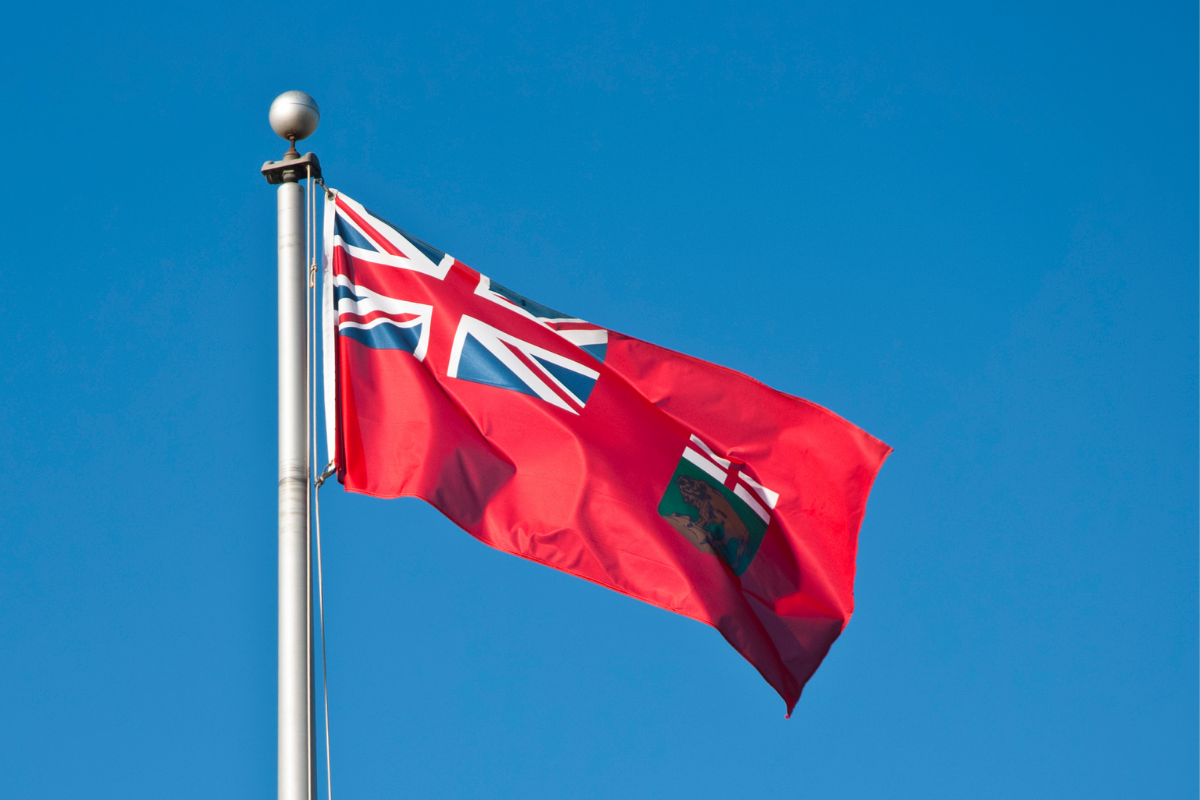Manitoba pivots immigration policy: New pathways for entrepreneurs and investors

Earlier today, the government of Manitoba announced its Economic Development Strategy. The strategy is being described by the Government of Manitoba as a roadmap that will enhance productivity, strengthen the private sector, create higher-paying jobs and keep more young people in Manitoba.
In the area of immigration, Manitoba has announced that it will add a focus on foreign investment and entrepreneurship to its existing Manitoba provincial nominee program.
Many of the immigration changes came about after the government considered the recommendations of the Premier’s Business and Jobs Council’s Sub-committee on Immigration and Skills Alignment, which was chaired by Reis Pagtakhan of MLT Aikins’s Winnipeg office.
“Manitoba’s commitment to modernize its provincial nominee program to add a focus on attracting foreign entrepreneurs who will create economic opportunities and jobs for Manitobans is welcome. By focusing on immigration entrepreneurship – especially in the tech sector, Manitoba has the chance to compete with countries around the world for 21st century business that will make the biggest impact on our province.” —Reis Pagtakhan (Read more in the Backgrounder provided by the Province)
The following are some of the major announcements made earlier today regarding the Manitoba Provincial Nominee Program (MPNP) – Manitoba’s permanent residency immigration program.
-
Exploring a made-in-Manitoba startup visa program to encourage more high-potential companies to locate in Manitoba
According to the Economic Development Strategy, Manitoba will explore designing its own visa program geared toward attracting startups to Manitoba. The strategy calls for the design of a streamlined immigration process to facilitate the immigration of startup businesses to Manitoba through the MPNP, especially as it relates to the tech industry.
In April 2024, the government of Canada placed restrictions on the number of applicants that could apply under the federal startup visa process. This curtailed the entry of startup entrepreneurs to Canada.
The creation of a Manitoba specific startup visa program gives Manitoba the opportunity to create a pathway for tech businesses who wish to locate to Manitoba but cannot access the federal program.
In designing this program, Manitoba should review the successes and failures of the federal Start-up Visa Program so that this made-in-Manitoba program can better ensure the success of these businesses and business owners in Manitoba
-
Enhancing the MPNP to fully recognize skills and experience in the immigration process and make it easier to start businesses
In addition to creating a business visa program for startups, Manitoba is also looking to the create processes to enable select international business investors and skilled workers to gain permanent residence in Manitoba.
On the business investor side, one of Manitoba’s new focuses will be to attract foreign nationals who will create businesses, address succession planning concerns in agriculture or otherwise grow the economy. This business immigration stream, if done correctly, will attract entrepreneurs who can make a positive economic impact to Manitoba.
In the first eight months of 2025, Manitoba nominated only 16 business applicants out of a total of 2,799 individuals through its current MPNP business programs. Since 2020, out of the more than 38,000 provincial nominees approved by Manitoba, only 194 – or approximately 0.5% – were business applicants. A revamped business program is sorely needed to attract entrepreneurs to Manitoba who will drive innovation and productivity and create jobs. Manitoba needs to ensure that this process is quick and meets the needs of business while ensuring that appropriate due diligence is conducted on incoming entrepreneurs.
On the skilled worker side, Manitoba is looking to target skilled workers who will fill critical labour shortages, promote innovation and contribute to the technical know-how of Manitoba’s workforce. Manitoba’s goal is to do this across sectors and in all regions of the province.
How this goal will manifest itself in terms of the industries and occupations targeted remains to be seen. However, with limited number of provincial nominations per year, it is important for the government to set priorities to ensure that the immigrants coming to Manitoba make the biggest economic impact. It is also essential that Manitoba communicates its priorities to businesses and potential immigrants so employers and potential immigrants can plan for their futures.
-
Creating a pathway for self-employed immigrants
Manitoba has also indicated that it will work with the federal government to explore broadening the streams of the MPNP to recognize the work experience of self-employed entrepreneurs, professionals, business owners and tradespeople who are not in traditional employer-employee relationships. These individuals will have to demonstrate that their self-employment activities are highly productive.
The inability of self-employed individuals to apply to the MPNP is one of the weaknesses of the existing program. While care must be taken to ensure the validity of claimed self-employment, recognizing the contributions of self-employed foreign nationals to the economy and providing a pathway for immigration will allow Manitoba to tap a talented and entrepreneurial human resource that has, to date, not been accessible for immigration to Manitoba.
Manitoba’s Economic Development Strategy is available in full here, with immigration-specific information on pages 17 and 24.
To discuss what this announcement may mean for you or your organization, contact a member of our Manitoba immigration team.
Read the other articles in our series about Manitoba’s Economic Development Strategy:
- Manitoba’s new economic development strategy to include economic reconciliation
- Manitoba’s economic strategy: Innovation, IP and AI at the core of growth
- Manitoba to modernize Small Business Venture Capital Tax Credit Program
Note: This article is of a general nature only and is not exhaustive of all possible legal rights or remedies. In addition, laws may change over time and should be interpreted only in the context of particular circumstances such that these materials are not intended to be relied upon or taken as legal advice or opinion. Readers should consult a legal professional for specific advice in any particular situation.





